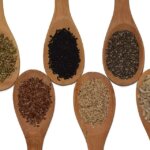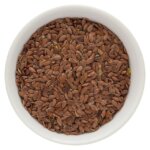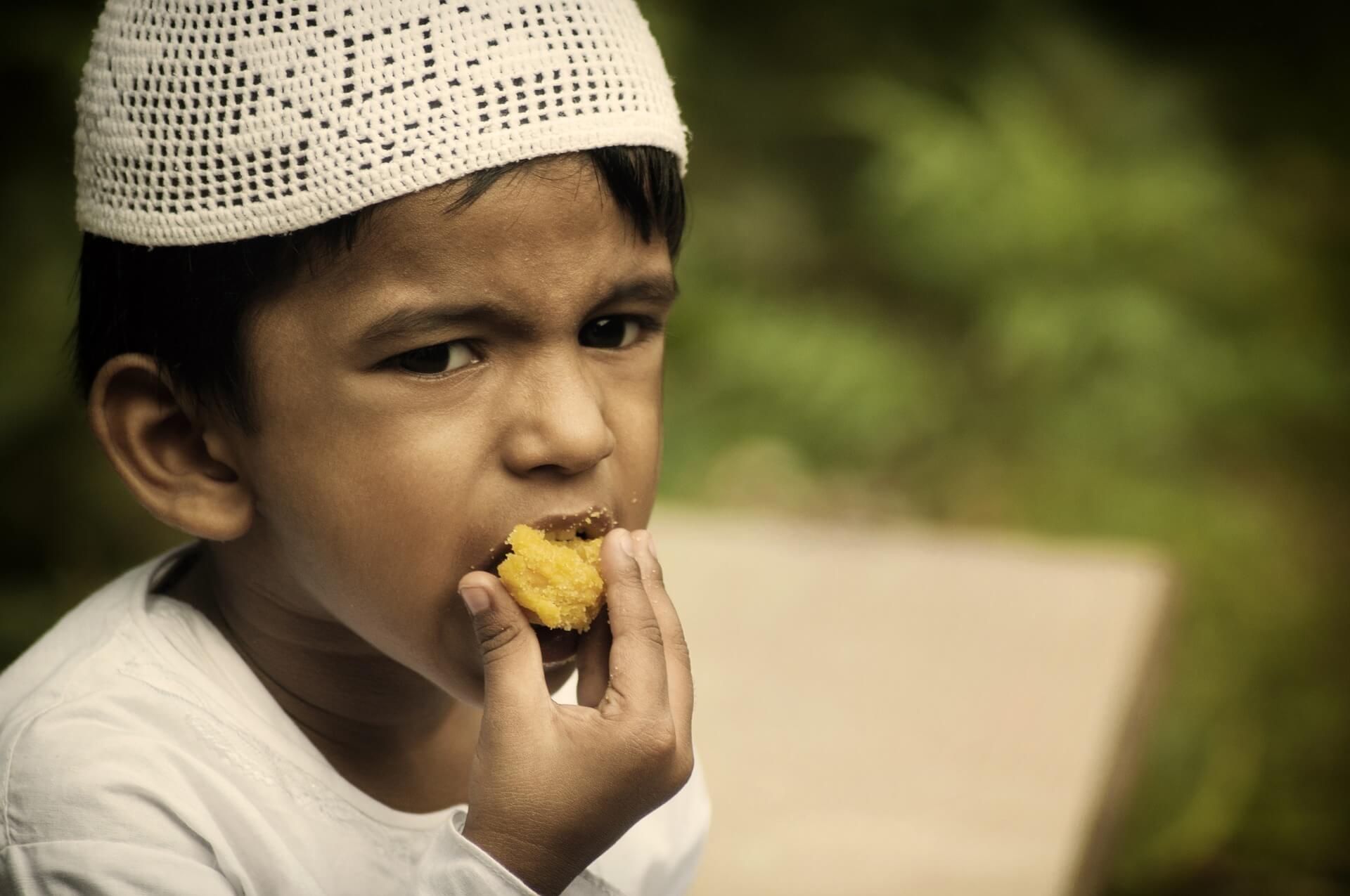Ramadan is the holiest month in the Islamic faith and is observed by Muslims around the world. During this time, Muslims fast from sunrise to sunset, not eating, drinking or smoking during daylight hours. Fasting is one of the Five Pillars of Islam (praying five times a day, giving charity, fasting during Ramadan) and it teaches self-discipline as well as reminding Muslim of those who go without daily necessities such as food and water. This article will provide a few tips on how to best prepare for Ramadan so you can safely fast without any complications.
What is Ramadan?
Ramadan is a month-long period of fasting and one of the five Pillars of Islam. During this time, Muslims are required to abstain from food and drink, as well as smoking cigarettes or using any other sort of tobacco.
Muslims believe Ramadan to be a holy month in which the Quran was revealed to Prophet Muhammad. Fasting during Ramadan is one way for Muslims to feel closer to God and teach self-discipline.
Preparing for Ramadan
The first thing to do is to gradually reduce your food and drink during the last few days before Ramadan. This will help acclimate your body to not eating or drinking for long stretches of time. You should also eat a light meal that won’t upset your stomach, such as soup or crackers, before you go to bed at night. The other option is to wake up a couple hours before sunrise and eat a big breakfast, which will keep you going until sunset.
You should also set realistic expectations for yourself so you don’t feel like if you’re fasting properly then it’s okay to overindulge the rest of the day. And finally, it’s important to make sure your home is stocked with water and healthy snacks so that if you need something quick-fix, you have it available.
Practicing self-discipline
Ramadan is a time for Muslims to practice self-discipline, which can be difficult during the Holy Month. But Muslim leaders say that Ramadan is not supposed to be an excuse to overeat or drink huge amounts of water in anticipation of fasting. They say that one should fast with dignity, without a sense of deprivation or hardship.
What to eat during the day
When you are fasting, it’s important to remember to eat something before the sun rises and again just after sunset. The Holy Month is considered a time of spiritual reflection, so sharing a meal with your family or friends could help keep your focus on what’s really important during this time. You can also avoid hunger by eating small amounts of food throughout the day. For example, drink juices or broth-based soups between regular meals.
Some other suggestions for healthy foods:
- Eat plenty of fruits and vegetables
- Have plenty of liquids such as water, juice, milk and buttermilk
- Make sure you are getting enough iron – try red meat, lentils or beans
- If you feel dizzy or lightheaded during your fast, drink some tea
- Avoid overindulging in high-calorie foods and drinks that may lead to indigestion.
- Choose low sugar food and drink options that can help maintain your energy levels.
- Recommendations for pregnant women: You should avoid fasting if you’re pregnant or breastfeeding because it may cause the unborn baby harm. But if you do decide to fast, make sure to break your fast with a small snack before going to bed so your blood sugar levels don’t drop too drastically.
Why do Muslims Fast?
There are many reasons for fasting. Muslims fast to learn self-discipline and to feel empathy for those who are less fortunate. It’s also a time of spiritual reflection, where people focus on their relationship with Allah. Ramadan is seen as a month of forgiveness, generosity, patience and spirituality.
The hours to avoid eating and drinking
For those who are new to the ritual of fasting, it’s important to know the hours that you can’t eat or drink. Try to avoid eating or drinking from sunrise until sunset during the Holy Month. It’s important to stay well hydrated and try not to eat heavy meals before your fast begins. Fasting is a spiritual practice in Islam and should be taken seriously; don’t be fooled by temptations as this will weaken your resolve.
Takeaways:
Fasting during Ramadan is one of the five pillars of Islam. It is a time of reflection, prayer, and self-discipline, and the month is one of the most important in the Muslim calendar.
During Ramadan, Muslims around the world are required to abstain from food and drink from sunrise to sunset. It is one of the most physically challenging times of the year and an increased need for hydration is common.
In order to ensure your safety, it is vital to prepare for Ramadan. This includes striving for good health before and during Ramadan, maintaining good hygiene practices, and practicing self-discipline by fasting at the appropriate hours.











